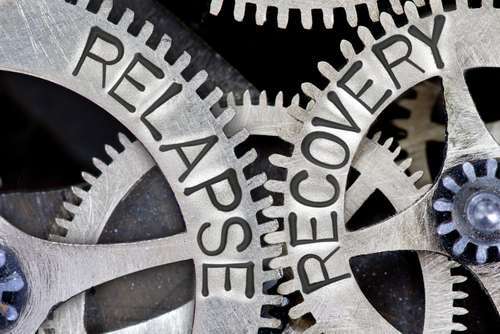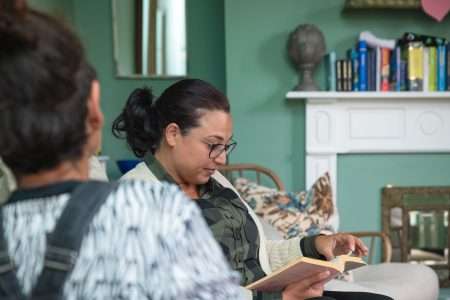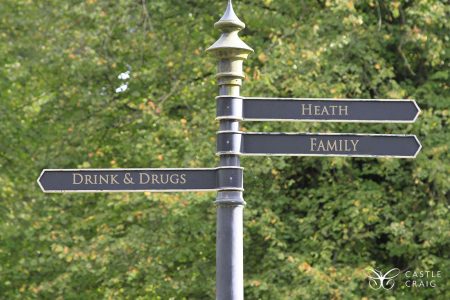Prescription medication is a common cause of relapse. Recovery might be going well until there’s an accident, a surgery, or illness that requires medication. That small exposure to the drug is often enough to incite cravings. Then, even a strong recovery is in danger. If you need medication, there are some ways to reduce your risk of relapse.
Tell your doctor about your addiction history.
This is no time for letting go of the past. Medication that might be relatively safe for most people can be dangerous for anyone with a history of addiction. Even if you’ve been sober for 20 years, tell your doctor that addiction is a concern.
Ask about alternative medications or treatments.
This doesn’t necessarily mean acupuncture or something, just a different medication. It might be worth using a less effective medication if it reduces your risk. And don’t discount non-medical treatments. Exercise, changes in diet, and therapy have been found to be effective in treating many conditions including depression, anxiety, ADHD, and chronic pain. There’s also evidence that acupuncture and therapeutic massage can help with chronic pain. You may want to try some of these interventions before starting a potentially addictive medication.
Ask someone else to control your dosage.
If you do end up taking a potentially addictive medication, get someone else to administer it. This means the other person keeps the medication and only gives you the prescribed dose. This doesn’t eliminate the danger, but it moderates it and holds you more accountable.
Tell people in your sober network you are taking prescription medication.
Add another layer of accountability by telling your friends, family, and group you are taking medication. This way, they will know to watch for changes in behaviour, and you will know they are watching. It also makes it easier to ask for help because you were open from the beginning. More transparency is better.
Some people, especially in 12 Step programmes, will see any medication as relapse. The plain fact is that some conditions require medication. If you don’t control your depression, or ADHD, or schizophrenia, you will likely relapse anyway. All you can do is make the best decision you can with the help of your doctor and therapist.
Castle Craig is one of the most established and respected prescription drug addiction rehab centres in the UK. Castle Craig provides consulting psychiatrists who diagnose associated mental illnesses like anxiety states, depression, ADD, PTSD, eating disorders, compulsive gambling, and compulsive relationships. For information, call our 24 hour free confidential phone-line: 01721 546 263. From outside the UK please call: +44 808 271 7500 (normal charges apply).



